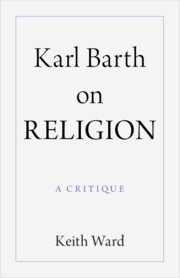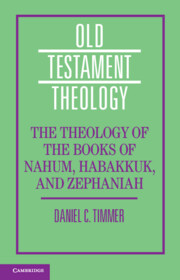Two forms of Japanese Buddhism, which Barth castigates because they lack the name of Jesus. But they rather seem to be channels of divine grace, though mistaken (from a Christian viewpoint) and perhaps incomplete.
Divine forgiveness is offered to all, but humans must co-operate with divine grace.
Barth speaks of ‘the liberation of all men’ by the union of divine and human natures in Jesus, yet he refuses to be called a ‘Universalist’. This is an aporia, an unresolved perplexity.
Faith, for Barth, is a sharing in the life of the Eternal Word. But is it for all, or only for Christian believers?
Election to membership of ‘the true church’ is unmerited, for Barth. It is hard to see how it can be just, and not arbitrary, if that is so.
Barth’s account of evil as ‘an impossible possibility’ or the threat of Nothingness, seems to lack sense. There is an argument here for some human autonomy and freedom of choice.
Barth’s account seems to imply both that, only ‘the elect’ are to have fellowship with God, and that all humanity will do so. There is no clear account of how the desperately wicked could obtain such fellowship.
The great and unresolved Barthian paradox is that Jesus shows God to be unlimited love, and yet that God abominates all human seeking after God, even the most sincere.


